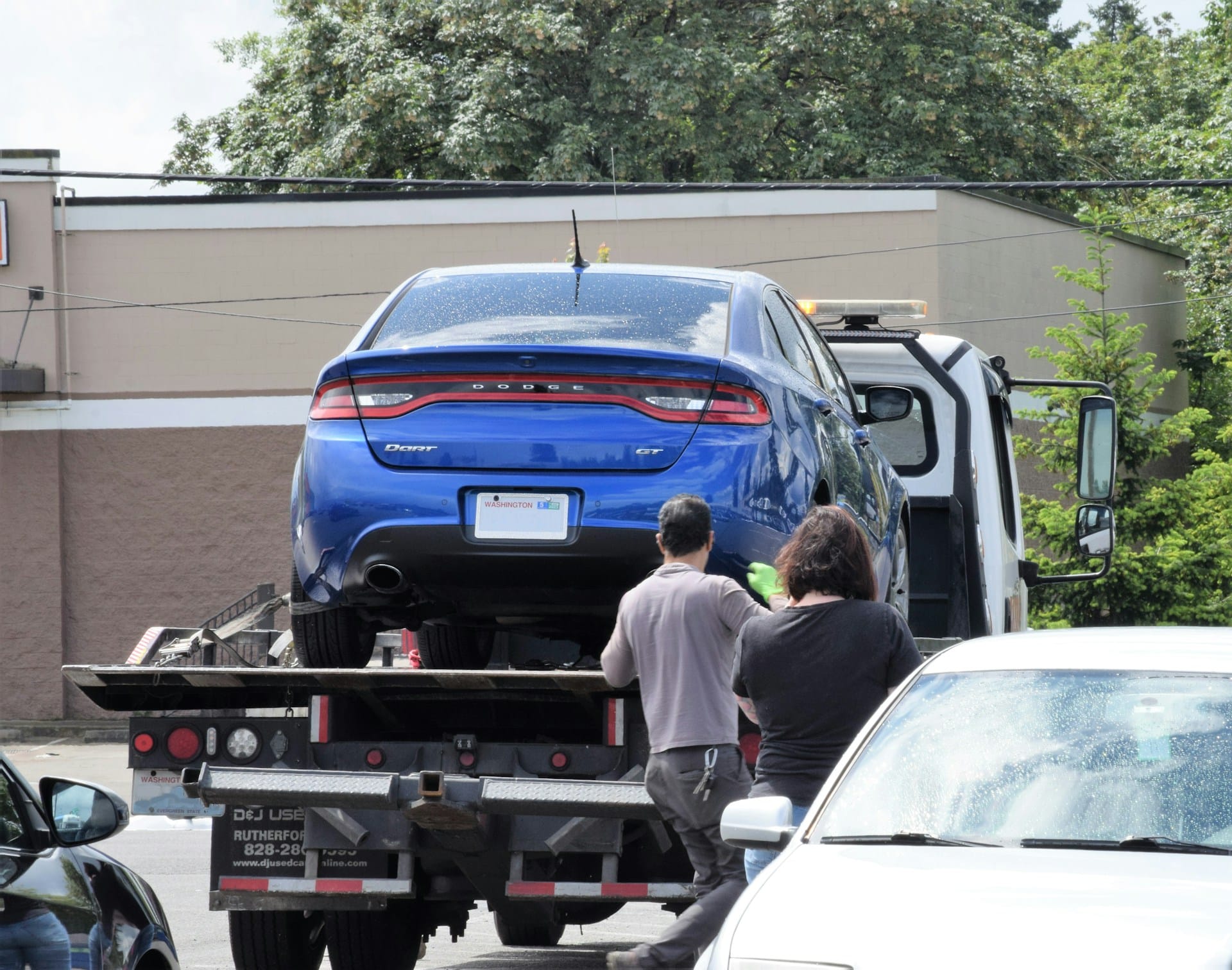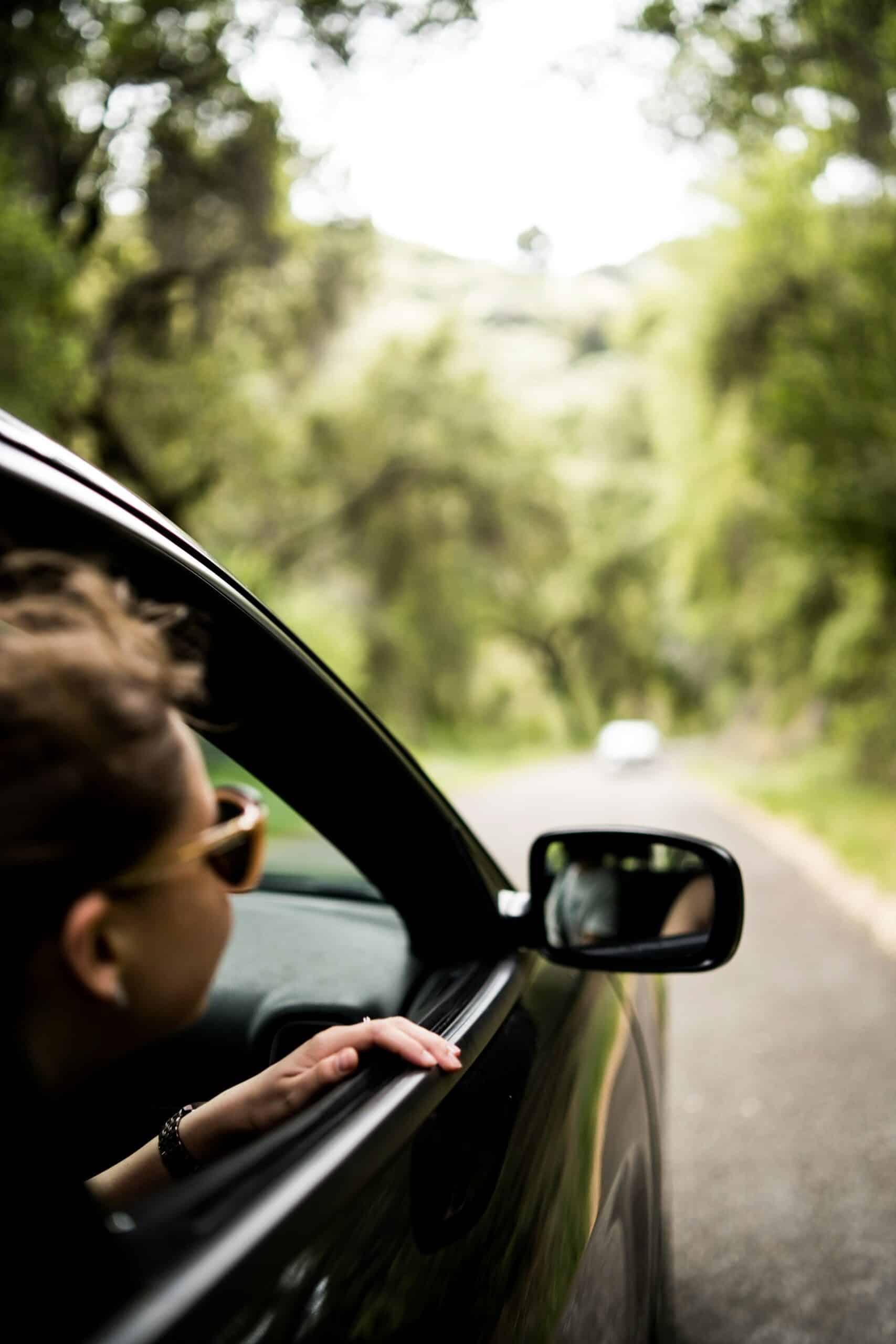Driving can be a convenient and efficient way to travel, but it also comes with risks. No matter how safe of a driver you may be, emergencies on the road can happen unexpectedly. You may find yourself in an emergency while driving for various reasons.
It is important to be prepared and know what to do in these situations to ensure your safety and the safety of others.
IMAGE: UNSPLASH
Types Of Emergencies On The Road
Many types of emergencies can occur while driving. Some of the most common include:
- Car breakdowns: They can happen due to mechanical failures, flat tires, or running out of gas.
- Accidents: Whether it’s a single-car accident or a collision with another vehicle, accidents can cause severe emergencies on the road.
- Severe weather: Inclement weather, such as thunderstorms, heavy rain, snow, or ice, can make driving dangerous and lead to emergencies.
- Medical emergencies: If you or someone in your vehicle experiences a medical emergency while driving, it can be challenging and frightening.
- Road hazards: Objects on the road, such as debris or fallen trees, can cause emergencies if they are not avoided.
Steps To Take During An Emergency
Regardless of the type of emergency you experience on the road, you can take some general steps to ensure your safety and the safety of others.
Call for Roadside Assistance
If you find yourself stranded due to a car breakdown or involved in an accident, it’s crucial to remain calm and seek professional help. Your local Ipswich towing service can provide you with the necessary help to get you and your vehicle off the road safely. This will not only ensure your safety but also prevent any further accidents from occurring.
When contacting a towing service, provide them with your location and the nature of your emergency. Also, mention if anyone is injured or requires immediate medical attention. Your description of the situation will help them determine the type of equipment and personnel needed for the job. It’s important to stay on the line until help arrives and follow any instructions the towing company gives.
Pull Over and Wait for Help
If it’s safe to do so, pull over to the side of the road to wait for the towing service or emergency responders. While waiting, turn on your hazard lights to alert other drivers of your presence, especially in low visibility conditions or at night. Keeping a safety kit in your vehicle with reflective triangles or flares can also help increase your visibility to passing cars, reducing the risk of further incidents.
In addition to ensuring your immediate safety, try to stay inside your vehicle if possible, particularly if you’re on a busy road or highway. Exiting your car can put you in harm’s way, exposing you to the risk of oncoming traffic.
If you must leave your vehicle for safety reasons, do so carefully and remain as visible as possible to other drivers. Always keep your mobile phone charged and within reach to communicate with emergency services or towing personnel as they assist you.
Stay Calm and Follow the Instructions
Remaining calm, even in stressful situations, is essential when dealing with emergencies on the road. Feeling overwhelmed or anxious is natural, but panicking can worsen the situation. If you’re injured or someone else requires medical attention, call emergency services immediately and follow their instructions until they arrive.
If help is already on the way, try to stay calm and follow any instructions towing personnel or emergency responders give. For instance, if your vehicle has a flat tire, follow the instructions provided by the towing company on changing the tire or wait for them to arrive and assist you.
If an accident involves another driver, exchange insurance information calmly and avoid any confrontations. It’s essential to prioritize your safety and well-being in these situations.
Contact the Police
In an emergency on the road, it’s crucial to contact the police quickly for safety and to follow the law. If you have cell service, call 9-1-1 in the US. Describe the emergency, your location using road names, mile markers, or landmarks, and any immediate dangers or injuries. Stay calm and speak clearly so the dispatcher can understand and send help.
If you can’t use a cell phone, look for emergency call boxes on a highway. These are directly connected to emergency services and can be used to report your situation.
Similar rules apply when using an emergency call box: Provide concise and clear information about your emergency, location, and any injuries. These call boxes are strategically placed along highways for situations where mobile phone service may be unavailable.
Document Your Experience
In most road emergencies, focusing on your safety first is essential. However, if you can do so without putting yourself or others in danger, documenting the experience can be helpful for insurance purposes and any legal proceedings that may follow.
Take photos of any damages to your vehicle or other vehicles involved and any injuries sustained by yourself or others. Keep a record of the events leading up to and during the emergency, including witness statements if possible.
Follow Up on Insurance Claims
After addressing immediate safety concerns and documenting the incident, the next critical step involves following up on insurance claims. Contacting your insurance provider immediately after an emergency ensures the claim process is initiated promptly.
Be prepared to provide a comprehensive account of the incident, supported by the evidence you have collected, such as photos of the scene, a police report (if applicable), and any witness statements. This detailed documentation is crucial for the insurance company to assess the damage and determine the coverage.
Ensure you understand your coverage details, including deductibles and what damages or expenses are covered. The claim process can be long, so keep open communication with your insurance adjuster to navigate effectively. Maintain records of all interactions with your insurance company, such as emails and call logs, to speed up your claim and improve the outcome.
Being caught in an emergency on the road can be a daunting experience, but knowing what to do and being prepared can make all the difference. By following these steps and staying calm, you can ensure your safety and that of others involved while waiting for assistance. Remember always to prioritize your well-being and take necessary precautions to prevent emergencies from happening in the future.
IMAGE: UNSPLASH
If you are interested in even more lifestyle-related articles and information from us here at Bit Rebels, then we have a lot to choose from.


COMMENTS